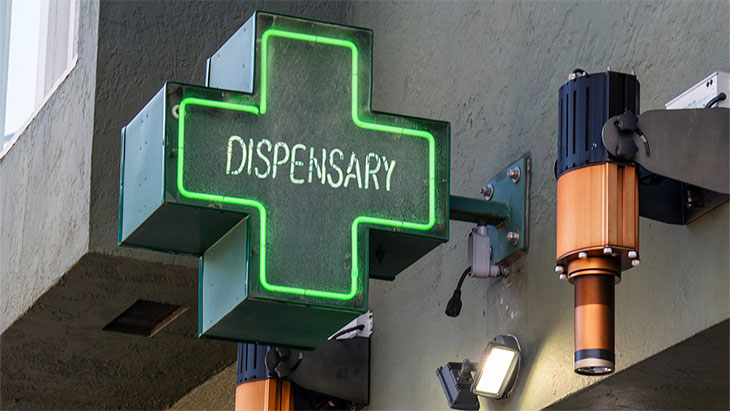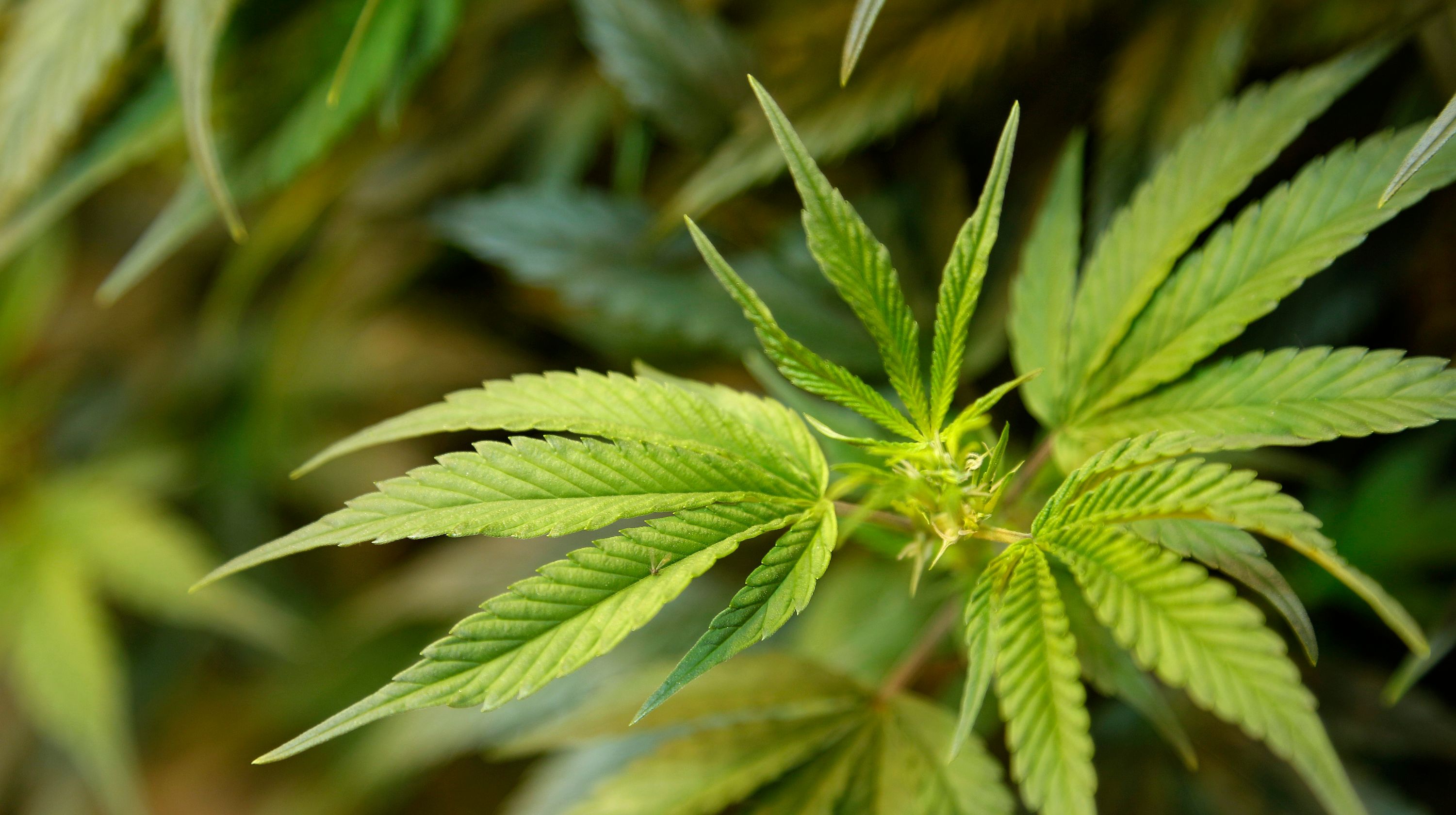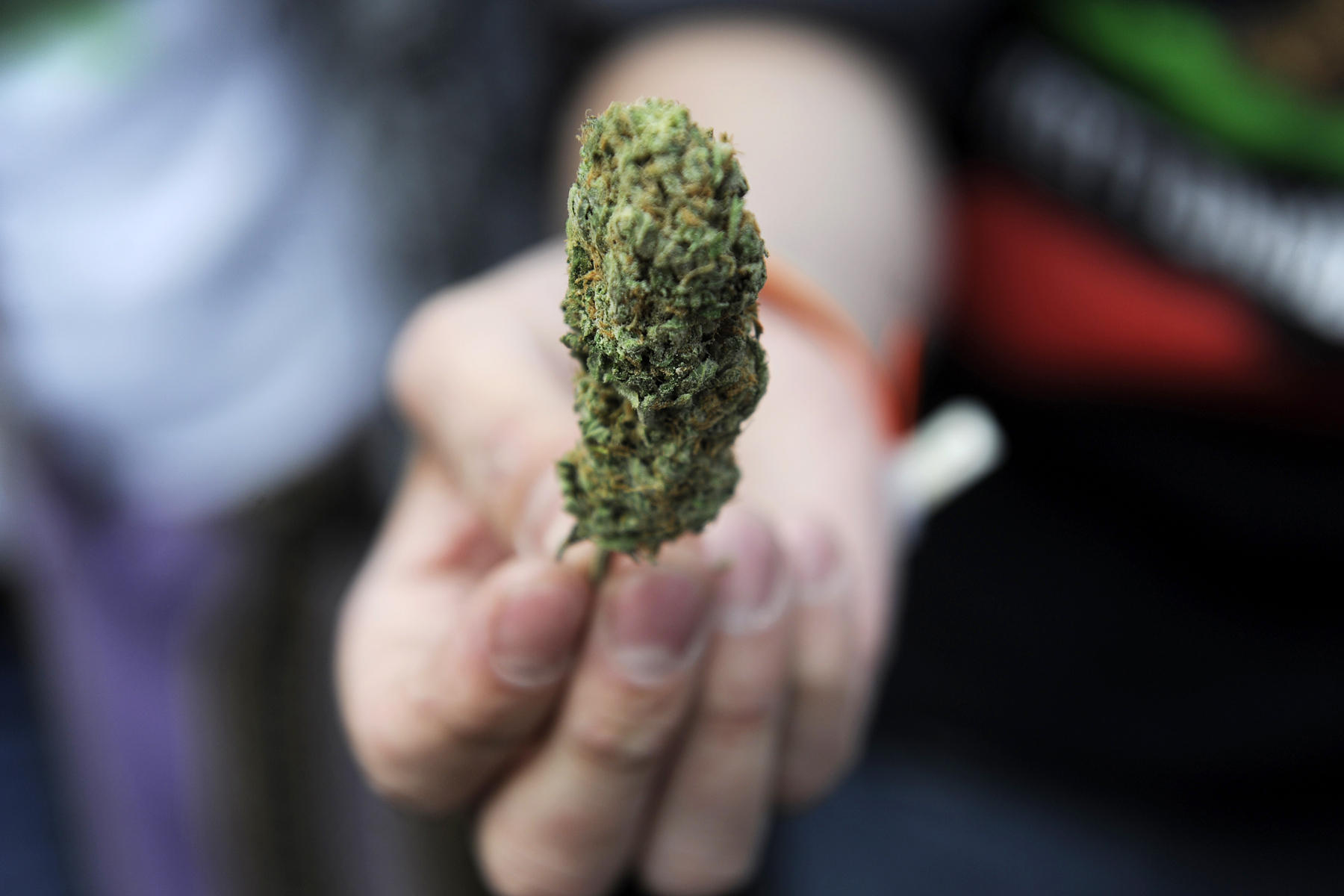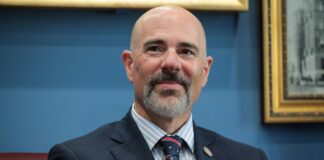
The District of Columbia’s city council has recently approved legislation to significantly expand medical cannabis operations in Washington, DC.
The Medical Cannabis Amendment Act, led by Council Chairman Phil Mendelson (D), will:
- Increase the number of licensed dispensaries that can operate in the District;
- Enact tax relief for operators;
- Codify into law the ability for individuals to “self-certify” that they have a need for medical marijuana;
- Create new cannabis business categories, such as on-site tasting/consumption lounges;
- Make changes to social equity language, mainly through changes to laws surrounding I-71 operators;
- Require a courier license to be held by those delivering medical marijuana products to patients on the behalf of a medical cannabis dispensary.
NORML Political Associate Jacob McMaster said: “While there is certainly further work to be done, the DC City Council has made expanding medical cannabis access a priority within the last few months, and that should be commended. City officials and activists are consistently fighting on the federal front to eliminate the Harris Rider, which has effectively banned the District from the ability to open recreational cannabis dispensaries, while the Council has simultaneously found creative solutions to expand access to the legal, regulated cannabis market to as many adult citizens as possible until that goal is accomplished.”
Members of the DC City Council have passed a number of pieces of cannabis-related legislation this year, including legislation to increase the amounts of medical cannabis patients may legally possess and to permit both residents and non-residents to self-certify for the program. Lawmakers this year also enacted broader legislation prohibiting employers, with certain exceptions, from “refus[ing] to hire, terminat[ing] from employment, suspend[ing], fail[ing] to promote, demot[ing], or penaliz[ing] an individual” due to an individual’s off-the-job use of cannabis, status as a medical cannabis patient, or due to “the presence of cannabinoid metabolites in [their] bodily fluids in an employer-required or requested drug test without additional factors indicating impairment.”
The Medical Cannabis Amendment Act awaits further action from the Mayor and then must undergo Congressional review prior to becoming law.










